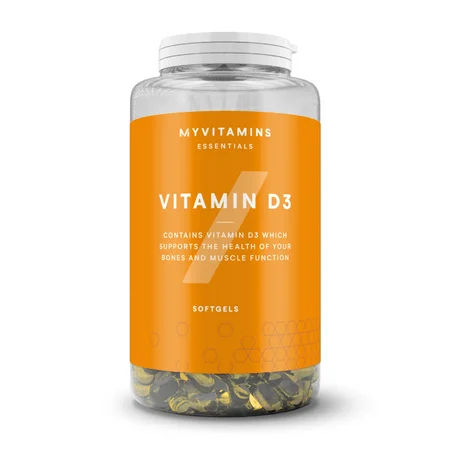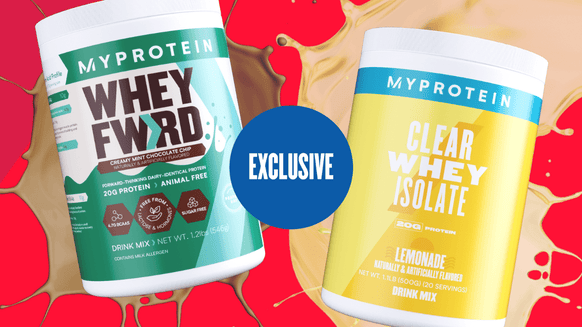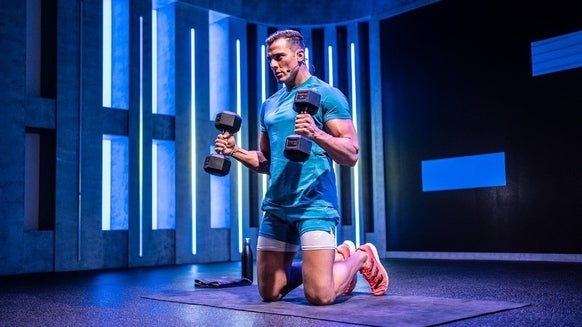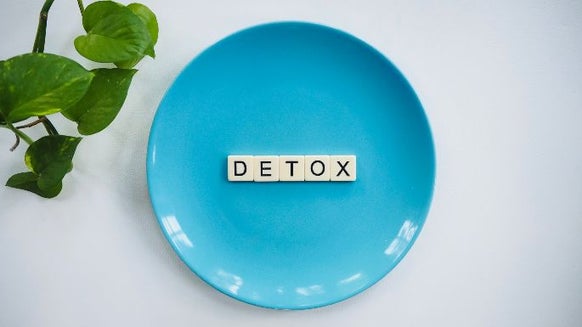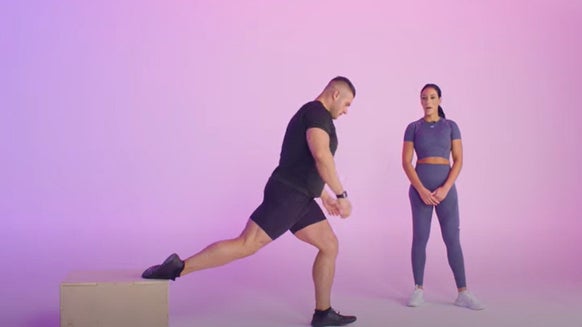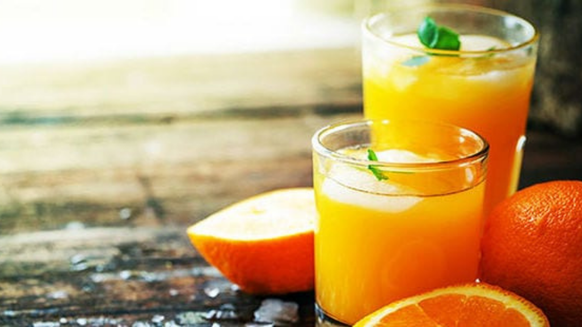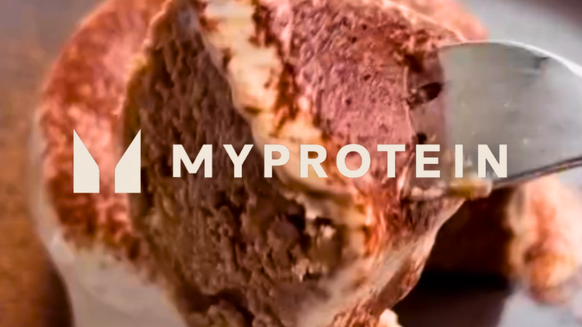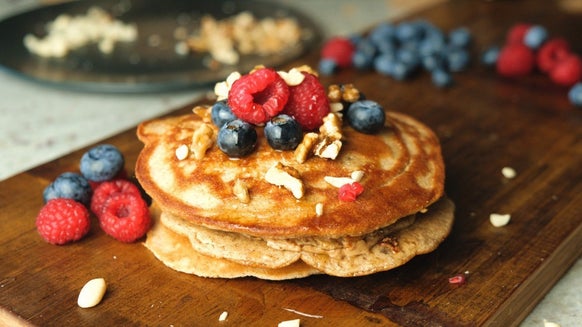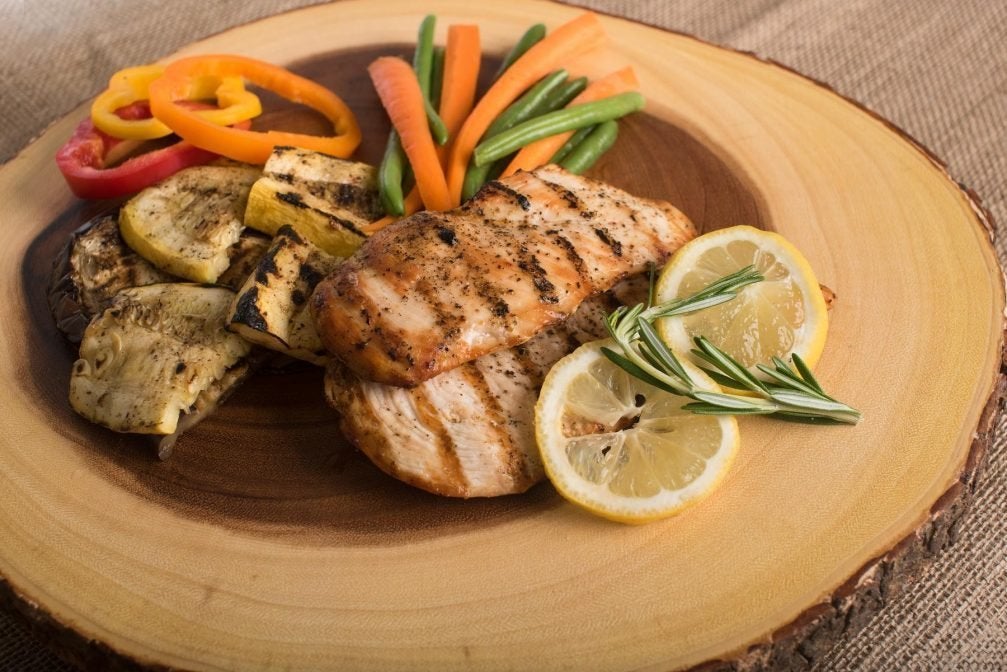
This is possibly the most tricky balancing act you'll face when it comes to diet — trying to lose fat while building on those muscle gains. Losing weight can be great for many of us trying to get healthier, but who wants to lose muscle mass after all the hard work put in to gain it? The problem is, when you create a calorie deficit (consuming fewer calories than what you burn every day), your body tends to burn a certain amount of fat before it turns to burning muscle, leaving you feeling leaner, but also a heck of a lot weaker. So, how can you maintain (and build) the muscle while skimming off the fat?
Here are some of our tips to getting a good balance on your weight loss journey:
Eat Healthy Fats
Hold off on that huge scoop of full-fat ice cream — you want healthy fats only here. Dietary fat is really useful for gaining muscle as it can help you boost your energy intake and provide extra fuel for those tougher workouts. They also help promote the production of hormones in our bodies, including testosterone which can help increase muscle mass.1
Before you grab the chocolate spread or add more butter to your toast in the morning, opt for some Omega-3’s instead. This way, you'll keep body fat levels to a minimum and still build muscle. Just remember you'll need a solid workout to use up the energy from these high-calorie foods.
Omega-3 fatty acids are fats found in some fish, olive oil, and nuts. They have many purposes including improved heart health and muscle gain.2 In fact, it's been found that supplementing omega-3 fatty acid for six weeks resulted in a 0.5kg gain in muscle and 0.5kg reduction in fat mass.3
Rich food sources of omega-3 include:
- Salmon
- Tuna
- Mackerel
- Sardines
- Chia seeds
- Flaxseeds
- Canola oil

Follow a high-protein diet
It's all too obvious — if you want to build muscle protein, you obviously need to eat more... Protein. Of course. Muscles require protein for their growth and repair. So, fill your plate with fish, lean meat, eggs, tofu, beans and pulses, and low-fat dairy. A lot of low-calorie diets result in a low intake of protein which can result in poor growth and loss of muscle mass, even if you're shifting the fat.
Increasing your protein intake can be helpful to minimize the loss of lean body mass or muscle and it also tends to keep you feeling fuller for longer, meaning you're less likely to snack, keeping the calorie count down. Out of a group of young, healthy, elite athletes, those given a high-protein diet lost more weight whilst still maintaining muscle in comparison to those with a normal amount of protein in their diets.4
Good sources of protein include:
- Greek yogurt and other dairy products
- Chicken breast
- Turkey breast
- Cottage cheese
- Quinoa
- Chickpeas
- Milk
- Almonds

Don’t make your calorie deficit too extreme
Want a surefire way to misery and a big ice cream binge that'll undo all the hard work? Try eating practically nothing. Extremely restricting your calorie intake for weight loss may not be as beneficial as you think. The drastic weight-loss you experience is more likely to be due to losing water and muscle rather than fat.
It’s clear that very low-calorie diets lead to a large initial drop in total weight loss, especially lean body mass (muscle) as your body will be using everything it can to make energy, including your juicy biceps.6 Very low-calorie diets generally aren’t sustainable in the long run, so have a bit of patience with your weight loss and gradually reduce your calories so you can keep the muscle.
Start off by taking off anywhere between 200-300 calories from what you’re estimated for maintenance daily and gradually adjust according to how fast you’re losing weight.
Get a dose of vitamin D
Spending all your time between the office and the gym means you probably aren't soaking up too many rays of sunshine — and not a lot of vitamin D either. Vitamin D is responsible for the absorption of various minerals including calcium, magnesium, phosphate and other biological effects important in our body. More specifically for building muscles, this is one important vitamin you want to be sure you’re getting plenty of.
A lack of vitamin D has been associated with lowered muscle repair and increased loss of lean body mass.7 There’s still more research required to investigate further the efficacy of vitamin D supplementation as a powerful stimulator for muscle growth, but the results look promising. So, unless you're exercising somewhere sunny every day, get some more vitamin D in your system.
Vitamin D can be found in foods including:
- Tuna
- Mackerel
- Salmon
- Egg yolks
- Cheese
- Fortified foods e.g. soya milk and cereals
If you’re living in the UK, chances are you’re not getting nearly enough sunlight (it rains far too much here for that). As the sun is our main source of vitamin D, you may want to take a supplement to boost your intake. Some of us need more than others, so check with your doctor for the best advice.

Do strength training
Obviously to build those guns, you're going to have to lift some weights. The best way to burn calories, as well as build muscle, is to add a good strength training program into your routine.
You want to focus on working your whole body at least two times a week — easy enough, right? Aim for exercises that work for more than one muscle group at a time. For example, squats, bench presses, deadlifts, overhead presses and barbell rows are great. This will make it easier for you to lift heavier, get stronger, or maintain muscle as you lose weight.
Try to aim for two to three gym sessions with a variety of compound exercises like squats and deadlifts. Don’t forget to have at least one rest a day a week to give enough time for your body to recover and prevent any possible injuries.
Take Home Message
To lose weight and build muscle, you need to focus on having a calorie deficit whilst still providing enough nutrition to help promote muscle gains. Think about the levels of protein, fats, and vitamin D in your diet and combine this with a good strength training program with a few rest days incorporated in there too. This will ensure you maintain as much muscle as possible as you continue on your fat loss journey.

Louise Bula is a UK Registered Dietitian with the Health and Care Professions Council. She has a Bachelor’s of Science in Nutrition and Food Science from the University of Reading and a Postgraduate Diploma in Dietetics from Queen Margaret University. Louise has a great amount of experience that spans from working as a research assistant for a study funded by the prestigious Medical Research Council looking into the effects of saturated fats on heart disease. She also has worked in the NHS as a Dietitian as part of various multidisciplinary teams providing patients with acute and chronic illnesses a range of nutritional interventions. She now specialises in Type‐2 Diabetes and works for a company providing patients’ care through a range of digital-based approaches. Louise also offers a private clinic overseas every month where she sees patients with a range of clinical conditions.
In her spare time, Louise enjoys weightlifting at the gym and cooking. Find out more about Louise’s experience here.
1. Griggs, R., Kingston, W., Jozefowicz, R., Herr, B., Forbes, G., & Halliday, D. (1989). Effect of testosterone on muscle mass and muscle protein synthesis. Journal Of Applied Physiology, 66(1), 498-503. doi: 10.1152/jappl.1989.66.1.498
2. Molfino, A., Gioia, G., Fanelli, F., & Muscaritoli, M. (2014). The Role for Dietary Omega-3 Fatty Acids Supplementation in Older Adults. Nutrients, 6(10), 4058-4072. doi: 10.3390/nu6104058
3. Noreen, E., Sass, M., Crowe, M., Pabon, V., Brandauer, J., & Averill, L. (2010). Effects of supplemental fish oil on resting metabolic rate, body composition, and salivary cortisol in healthy adults. Journal Of The International Society Of Sports Nutrition, 7(1). doi: 10.1186/1550-2783-7-31
4. METTLER, S., MITCHELL, N., & TIPTON, K. (2010). Increased Protein Intake Reduces Lean Body Mass Loss during Weight Loss in Athletes. Medicine & Science In Sports & Exercise, 42(2), 326-337. doi: 10.1249/mss.0b013e3181b2ef8e
5. Kerksick, C., Rasmussen, C., Lancaster, S., Magu, B., Smith, P., & Melton, C. et al. (2006). The Effects of Protein and Amino Acid Supplementation on Performance and Training Adaptations During Ten Weeks of Resistance Training. The Journal Of Strength And Conditioning Research, 20(3), 643. doi: 10.1519/r-17695.1
6. Willoughby, D., Hewlings, S., & Kalman, D. (2018). Body Composition Changes in Weight Loss: Strategies and Supplementation for Maintaining Lean Body Mass, a Brief Review. Nutrients, 10(12), 1876. doi: 10.3390/nu10121876
7. Dzik, K., & Kaczor, J. (2019). Mechanisms of vitamin D on skeletal muscle function: oxidative stress, energy metabolism and anabolic state. European Journal Of Applied Physiology, 119(4), 825-839. doi: 10.1007/s00421-019-04104-x
